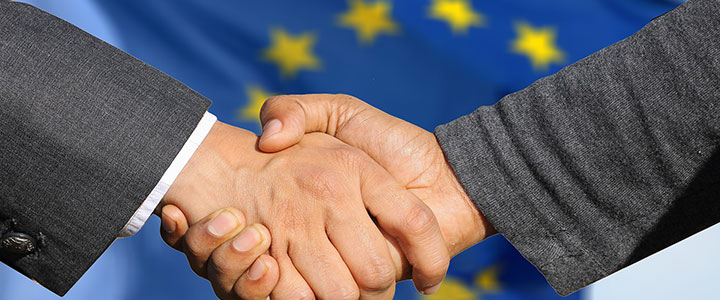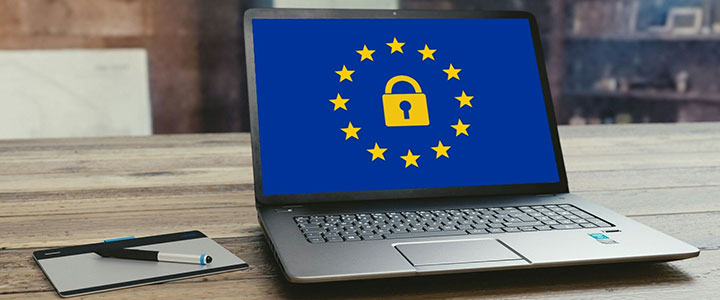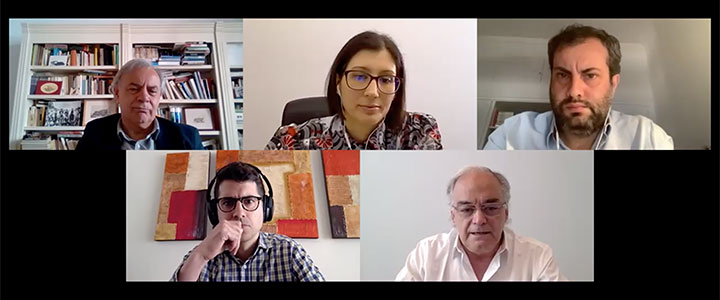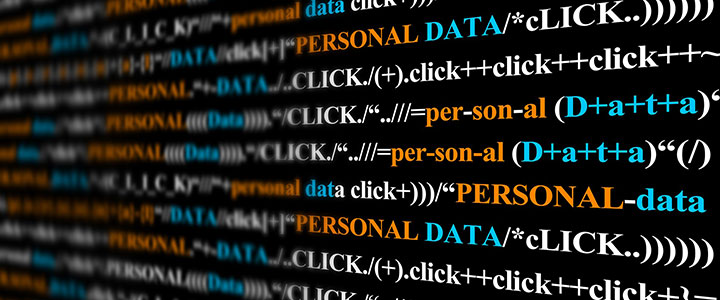Gradually, digitalization, in its broadest sense, is beginning to have a prominent place on the political agenda of governments and institutions. This is a transversal and multidimensional challenge for society as a whole, affecting health, education, wealth creation, mobility, democratic freedoms, the free market, etc. Digital transformation can bring enormous benefits for people, companies – of all sizes – and society overall if the transition process is done in an orderly, rational, and inclusive way. The necessary transition also entails challenges and risks, as adjustments will have to be made and accepted; hence the importance of reaching consensus among all the parties involved. This is why we welcome the launch, by the Spanish Government, of a group of experts who will advise them on the creation of a Digital Rights Charter. Addressed here will be rights already recognized in Spanish legislation – for example, data protection – and more recent realities, such as new labour relations and artificial intelligence.
Read more









